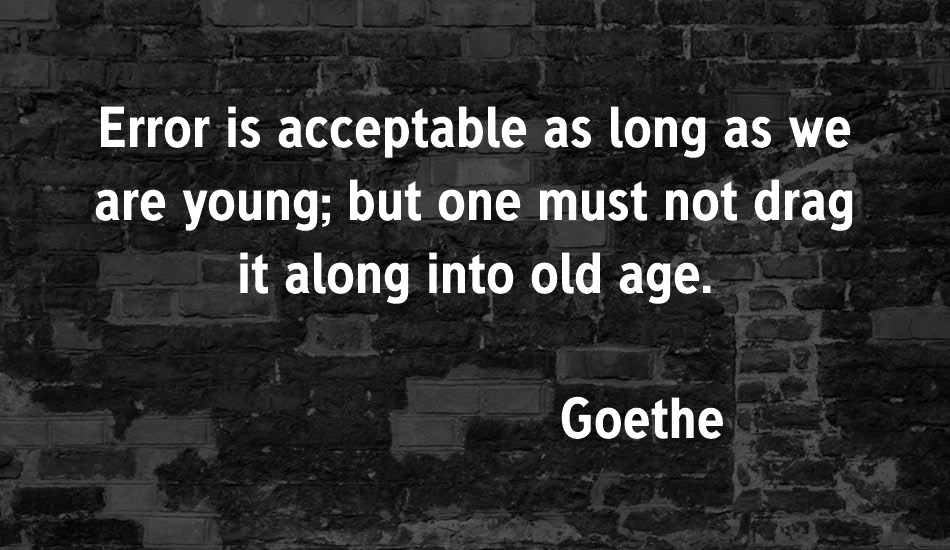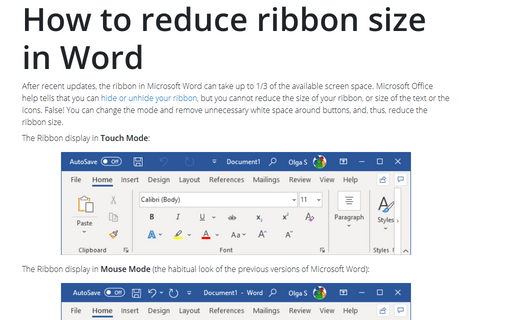

3-131) discusses ‘Literary and textual theory of abridged and condensed texts’. The volume’s editors and contributors are well aware of this difficulty: accordingly, a major aim of the publication is to introduce new theoretical approaches, capable of addressing questions of genre and function in a nuanced fashion. This terminological variety underscores just how difficult it is to conceptualise these operations in a clear-cut fashion, let alone introduce fine genre distinctions for texts that perform one or several of them. ‘Condensing’ and ‘condensed’ are in fact used as umbrella terms for a wide spectrum of closely overlapping textual and intellectual processes, such as epitomising, abbreviating, compressing, paraphrasing, anthologizing, excerpting, and fragmenting (all featured across the various contributions). This ambitious and wide-ranging volume is concerned with the processes and techniques of condensing knowledge and texts in the ancient Greek and Roman worlds, as well as with their products, the ‘condensed texts’ themselves.

The reviewer would like to apologise for the late publication of this review.


 0 kommentar(er)
0 kommentar(er)
